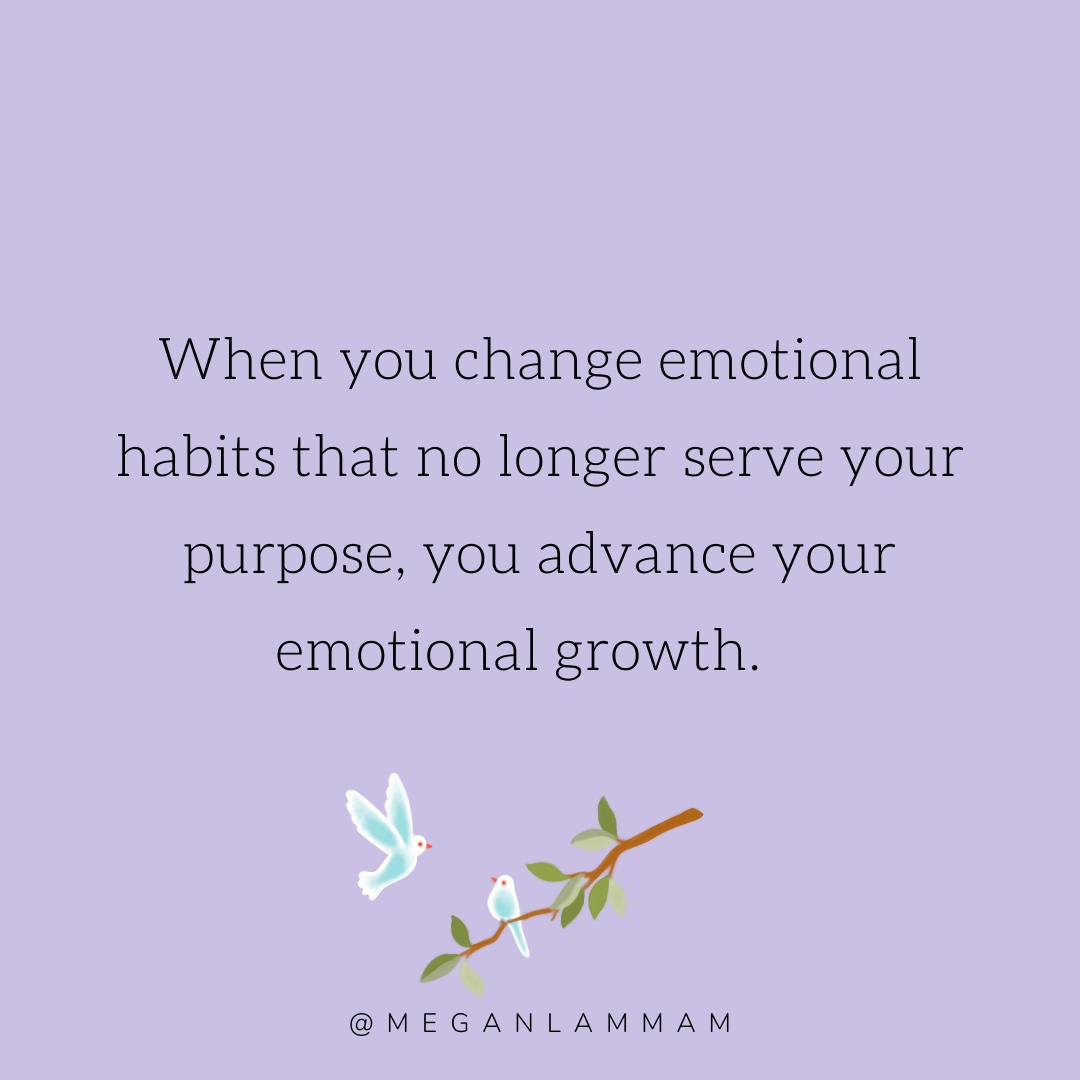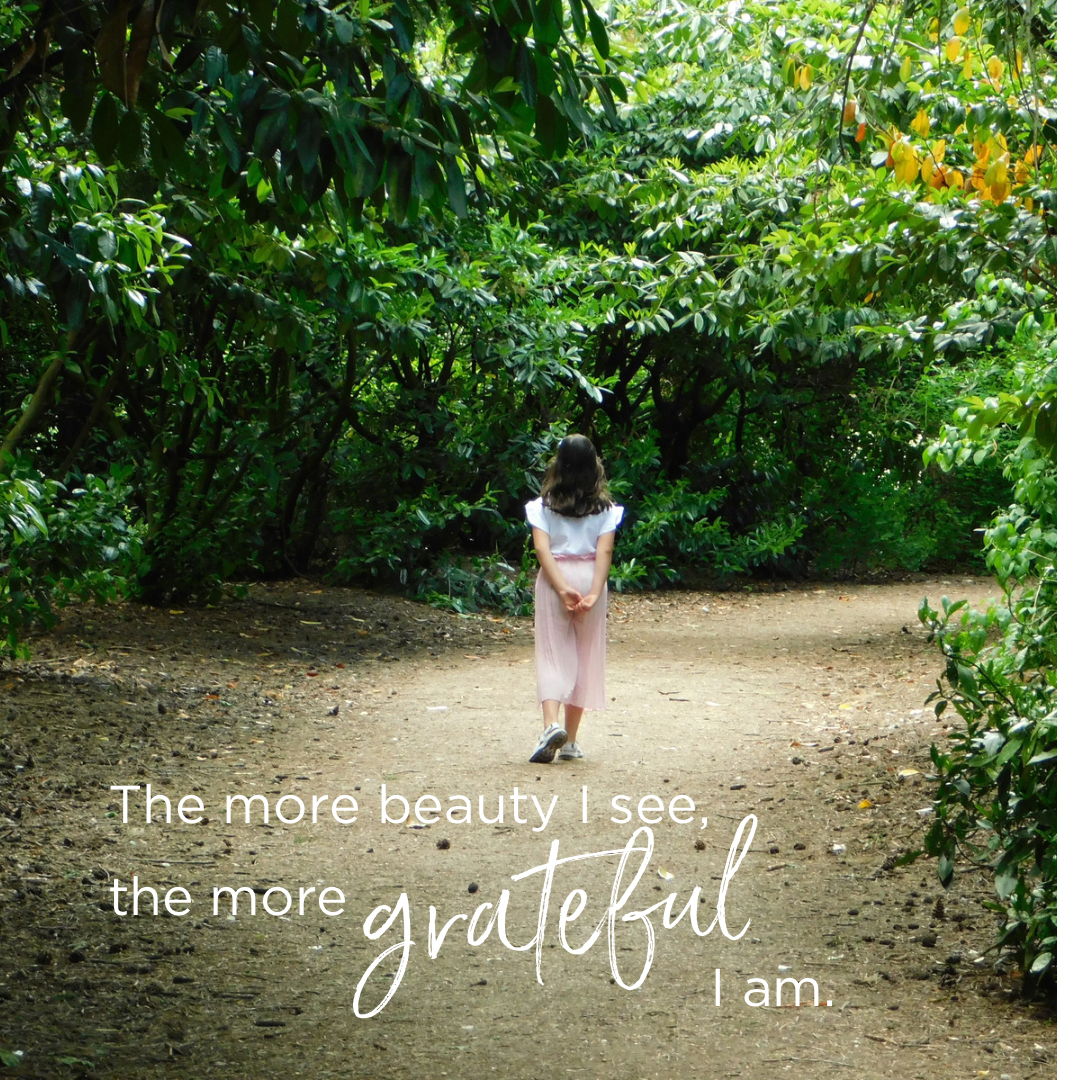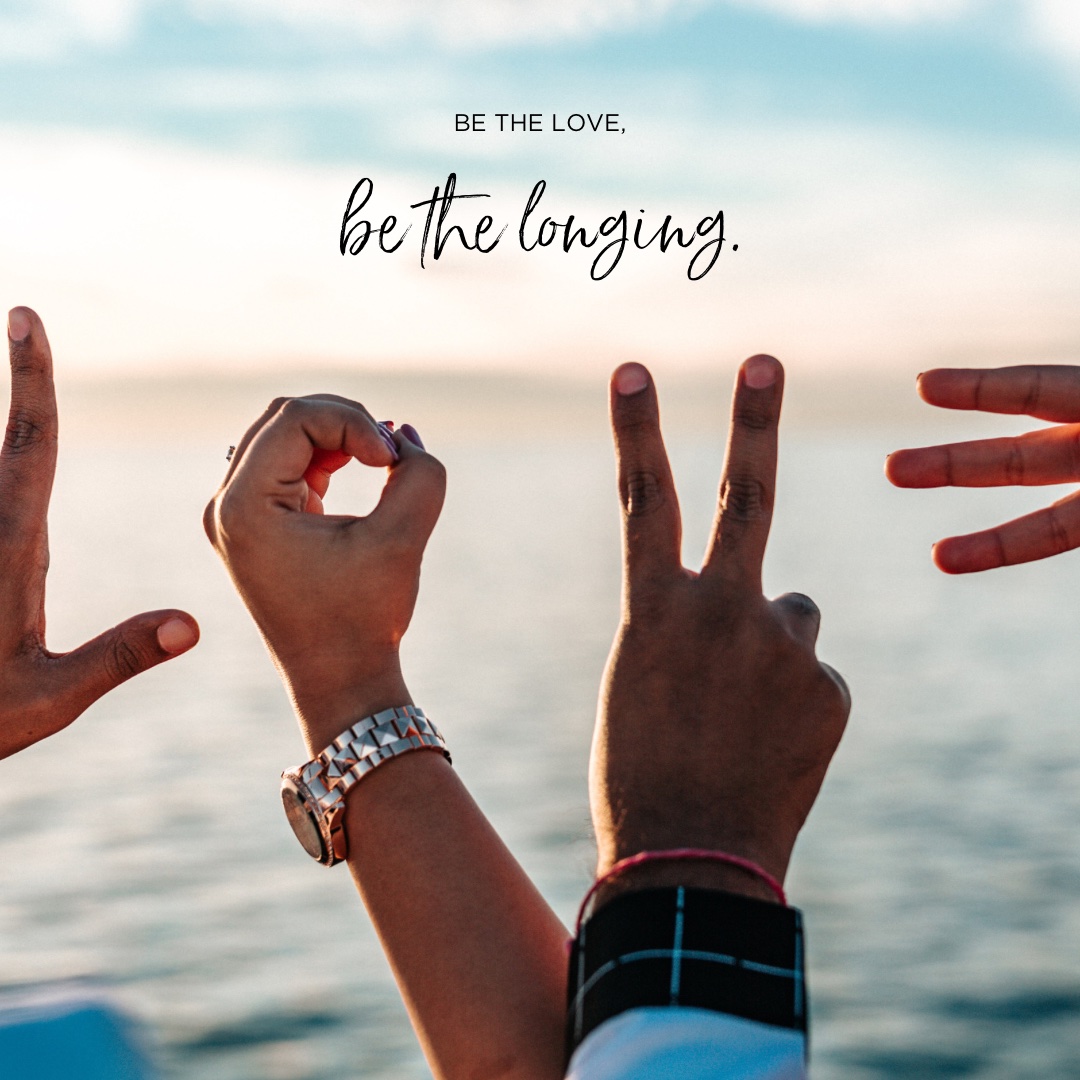
Emotional Habits: Part 1
The pandemic brought up a lot of difficult emotions for me and ultimately raised the question about whether my emotional habits are serving my purpose to live authentically. After some consideration, I realized that a few of my emotional habits are harmful and, in fact, they are getting in the way of my growth. They are based on a belief system that formed when I was a child and now, as an adult, they are no longer serving me or others in a productive and meaningful way. With that, I began the work of examining the root causes of my beliefs and ways to change them to help sustain positive emotional choices. Over the next month, I’ll share some of my process in my newsletter with the hope that you may find it helpful.
Changing my habit to retreat in shame after being rejected
When I experience a rejection, my physical response is a feeling of tightening in my throat, like an invisible chokehold. My mental response is “I don’t belong” and my emotional response is to run and hide my feelings from the outside world. Truthfully and shamefully, all of this points to the fact that I don’t want to admit to myself or anyone else that someone doesn’t like or want me.
Why do I respond this way? At what point in my past did I adopt the belief that rejection is bad?
After examining the issue in talk therapy, I discovered that the pain and shame of feeling unwanted originates from my parental abandonment, which is essentially a rejection of relationship. When my dad left the family and my mom got sick, I was left alone. I was 12 years old. I felt different because each of my friends had two stable parents at home. At the time, I didn’t see myself, or my situation, reflected in other people’s homes, in family shows on TV, or in society. From my perspective as a child, I wasn’t “normal”. I felt excluded from society’s standard and definition of a “normal family”. The result? I feel abnormal every time I face rejection and my emotional habit is to retreat in shame.
A mature perspective
Now, after years of life experience and a greater sense of maturity, I know that I am not abnormal even though I lived a non-traditional family life as a child. My knowing is the catalyst for change. With my adult perspective and a deep desire to change the way I handle rejection, I recently began the work of changing this emotional habit.
In therapy, I discovered that your heart’s desire for change must transfigure from talking and reading about transformation into actual practice. Here’s a look at my process and my practice:
- Identify your emotional habits and evaluate how they are serving you and others. Write them down in a journal. Which ones do you want to change?
- Look at your triggers of shame, fear, anger, etc as opportunities to re-frame the context and dialogue with yourself about your past experiences.
- Change the conversation – be proud of your journey, your strength, and your courage.
- Change the way you talk about yourself and your life – be loving, compassionate, and choose words that convey positive thoughts.
- Look for ways to appreciate (not complain about) your life.
When you change emotional habits, you don’t change who you are. You change the way you respond to life based on what you have learned about yourself. I believe that, to move forward in service to yourself and others, you need to update your belief system during mid-life and respond emotionally from a place of purpose and inner knowing. This is the path to authenticity and well-being.
PS. I have an emotional habit to get angry at my kids when they don’t listen. Next time, I’ll share with you the root cause of the anger and how I am changing the habit. The journey is hard. I am grateful that you are here.
Let’s journey together.
Our community is rooted in love and we love sharing ideas. Please feel free to share your thoughts ad creative expressions with us here and on Instagram #yourheartjourney | @meganlammam
With love,





